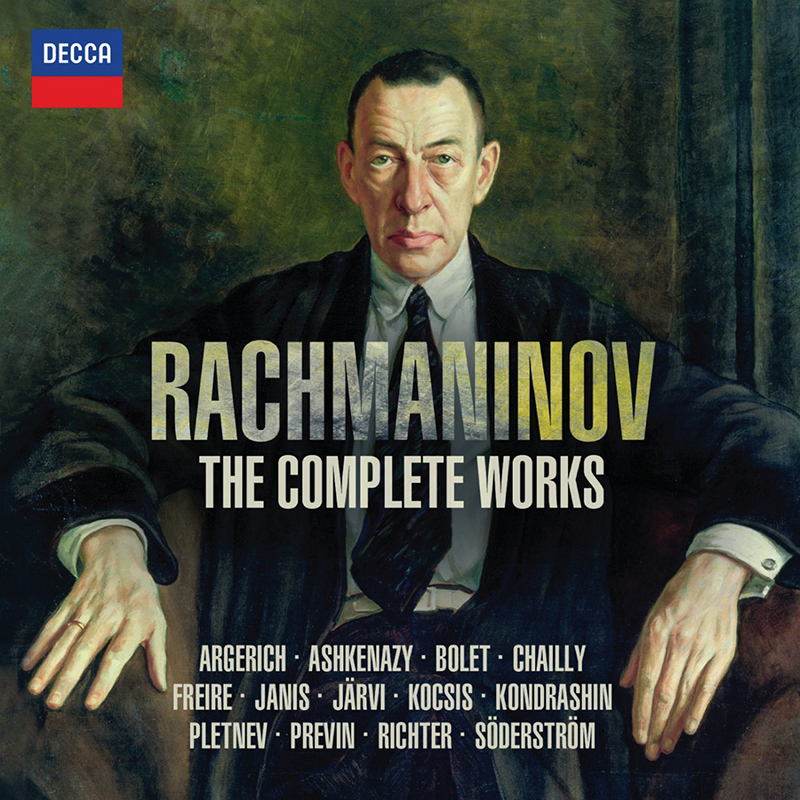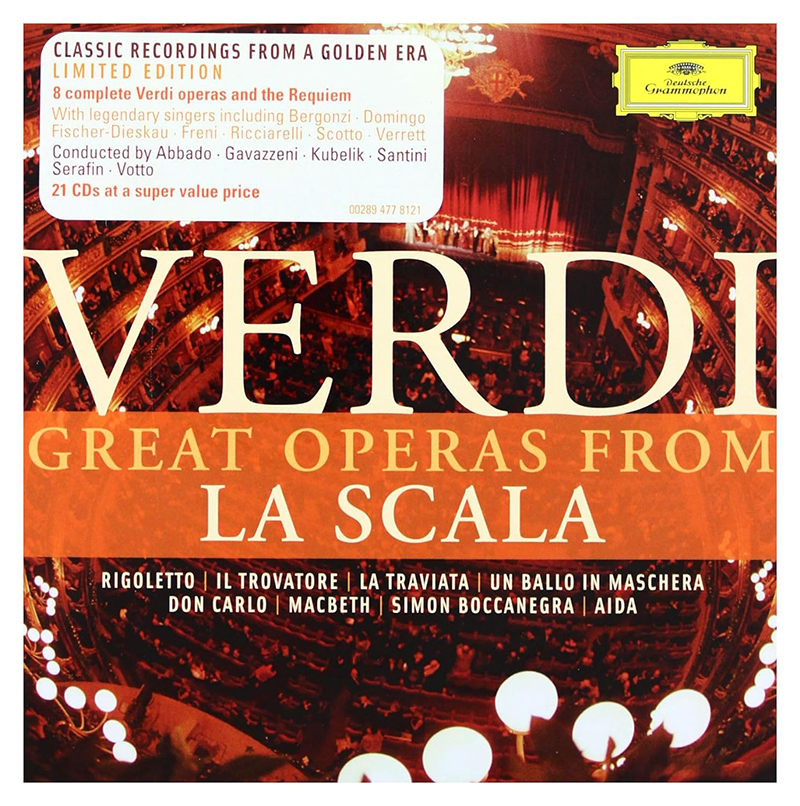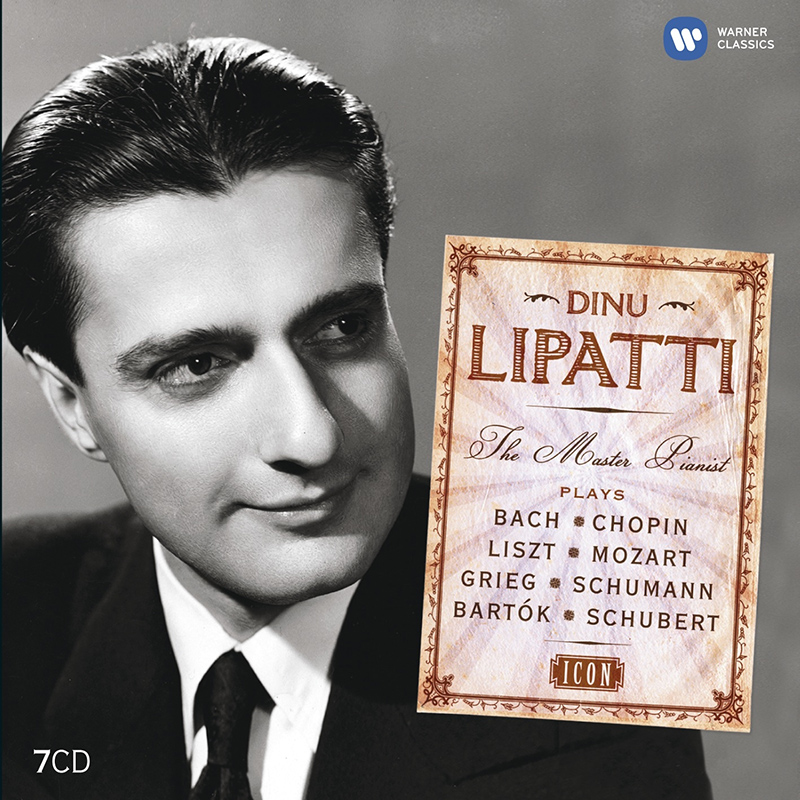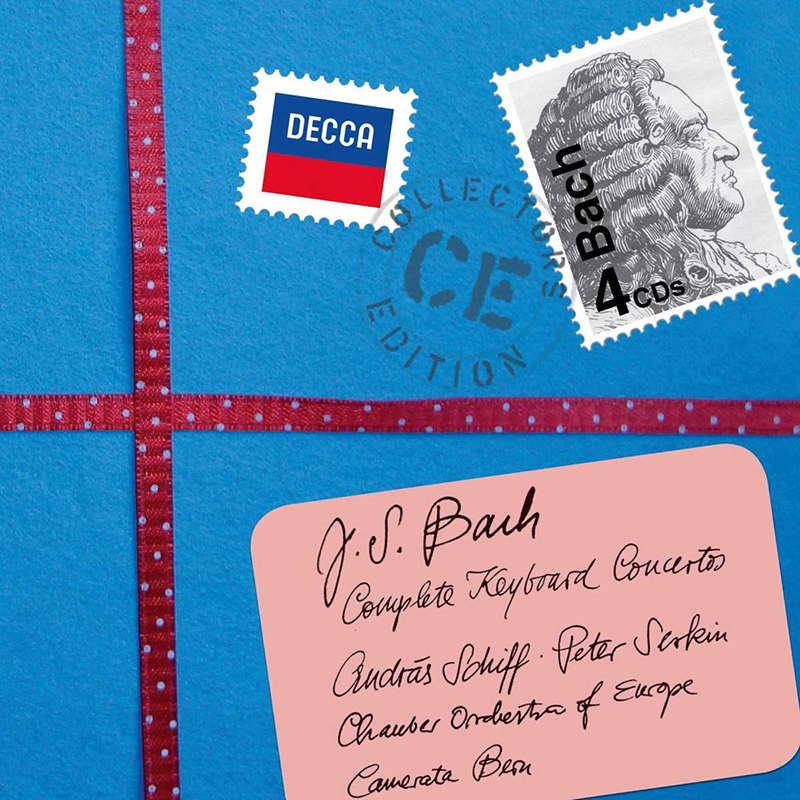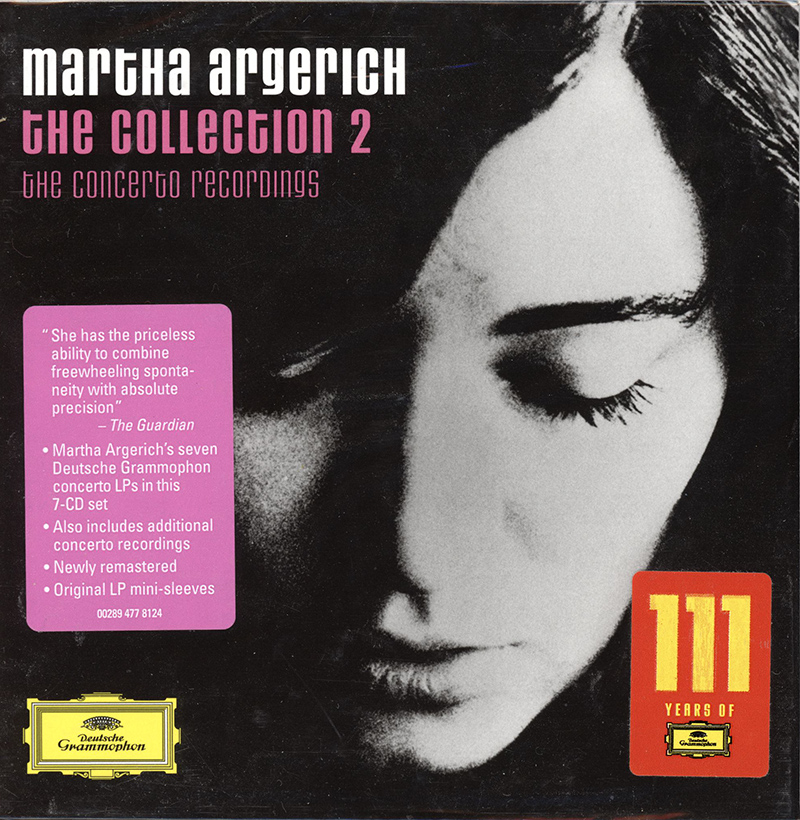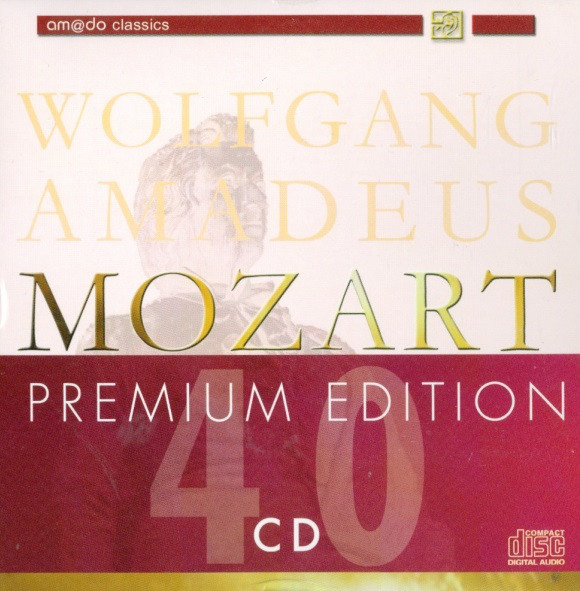Logowanie
KOLEKCJE!
BACH, CHOPIN, LISZT, MOZART, GRIEG, Dinu Lipatti, Otto Ackermann, Ernest Ansermet
The Master Pianist
PROKOFIEV, CHOPIN, TCHAIKOVSKY, SCHUMANN, BEETHOVEN, Martha Argerich, Claudio Abbado, Giuseppe Sinopoli
The Concerto Recordings
The Collection 2
Jakość LABORATORYJNA!
ORFF, Gundula Janowitz, Gerhard Stolze, Dietrich-Fischer Dieskau, Deutsche Oper Berlin, Eugen Jochum
Carmina Burana
ESOTERIC - NUMER JEDEN W ŚWIECIE AUDIOFILII I MELOMANÓW - SACD HYBR
Winylowy niezbędnik
ClearAudio
Essence MC
kumulacja zoptymalizowana: najlepsze z najważniejszych i najważniejsze z najlepszych cech przetworników Clearaudio
Direct-To-Disc
PIAZZOLLA, ChamberJam Europe
Tangos del Ángel y del Diablo
Direct-to-Disc ( D2D ) - Numbered Limited Edition
BRETAN, Phyllis Bryn-Julson, Ronald Stalford, Martin Berkofsky, Lodovic Konya
Requiem and Sacred Songs
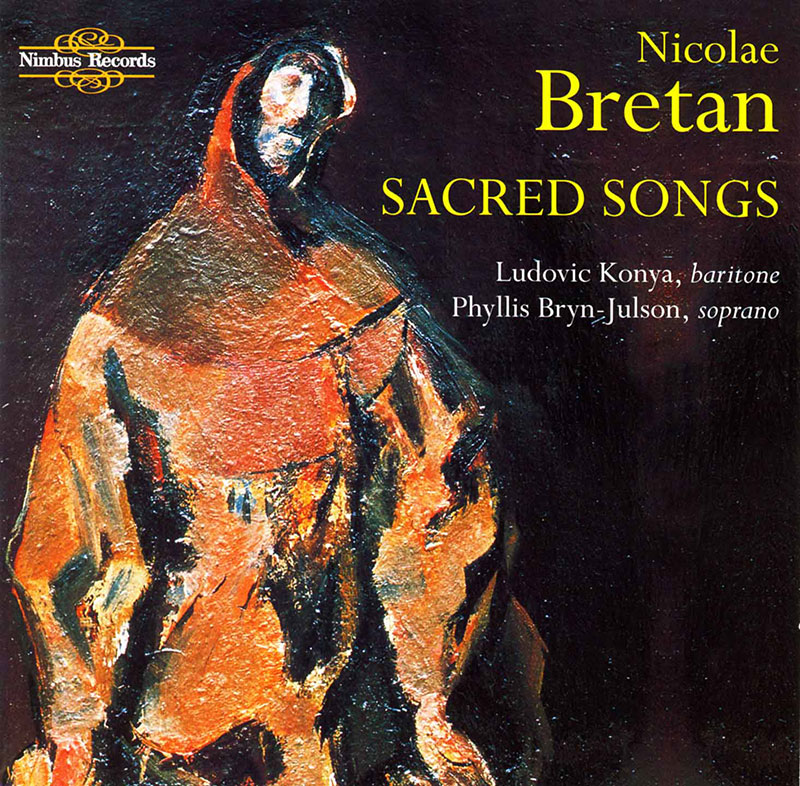
- 1. Requiem: Introitus 3:46
- 2. Requiem: Graduale 1:25
- 3. Requiem: Dies Irae 5:11
- 4. Requiem: Offertorium 3:10
- 5. Requiem: Sanctus 1:18
- 6. Requiem: Pie Jesu 1:44
- 7. Requiem: Agnus Dei 6:23
- 8. Ave Maria 2:30
- 9. The Lord's Prayer 3:03
- 10. Small Christmas Song 1:28
- 11. Close By The Graveyard 2:46
- 12. God's Bankrupting Loan 4:35
- 13. Christ-Cross in the Forest 3:31
- 14. God's Arrival 2:09
- 15. Prayer After War 4:47
- 16. Death's Kinsman I 3:47
- 17. Under Mt. Zion 5:34
- 18. Amen 1:52
- 19. Futurum Imperfectum 1:42
- 20. Mors Imperator 2:43
- 21. Dust and Flower 4:02
- 22. You Hours Slipping Into The Night 1:19
- 23. Wandering's End 1:48
- 24. The Gardens of Csucsa 1:54
- 25. Epitaphs 3:38
- Lodovic Konya - baritone
- Phyllis Bryn-Julson - soprano
- Ronald Stalford - organ
- Martin Berkofsky - piano
- BRETAN
The Sacred songs of Nicolae Bretan (1887-1968) featuring soloists Ludovic Konya and Phyllis Bryn-Julson comprises the Requiem and a collection of songs inspired by poets such as Endre Ady and Dezso Varró. These works speak of the composer's difficult relationship with his religion, and through his expression of human concerns such as death, despair, guilt and loss, the notion of blind faith is rejected. Despite the ostensible theme of the disc, we might well conclude that Bretan did not write for the church, but rather for the soul. *** The Romanian composer Nicolae Bretan occupies a special niche in the history of Western music. In his several operas and prodigious number of art songs, Bretan looked to the essential nature of song itself, and to the capabilities of the human voice in regard to its expressive functions and possibilities. In this sense he can be compared to Gluck, and also, in the directness and "natural" qualities of his musical language, to Mussorgsky. The rediscovery of Bretan and the revival of his music today are important for two reasons. The need for atonement - for the political injustice done to the man himself, in his own country and as an artist - is fairly obvious. But the recovery of his works is a cultural obligation we all must share, as we must with respect to all of Western culture's great artistic creations.
